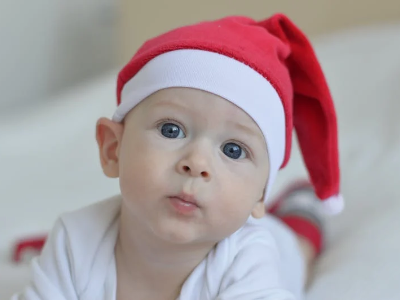With the festive period almost upon us, many separated couples will have to think about how best to share the time with their children over the Christmas break. Co-parenting can be stressful as parents sometimes find it hard to agree who the children should be with and when, particularly on the all-important Christmas Eve and Christmas Day. This year things may be even more difficult given the current pandemic.
Under the current rules, children under the age of 18 can continue to move between their parents’ homes for the purposes of contact and this applies regardless of which tier families find themselves in. Between 23 and 27 December this year up to three households can meet to form a Christmas bubble. This should come as welcome news as it means that children moving between their parents’ homes between this period will be able to spend time with extended family members/friends on both parents’ sides.
Be prepared
- It is important not to leave making arrangements until the last minute so that everyone knows where they stand and has plenty of time to prepare and make plans in the run up to Christmas.
- Think about ensuring that the children spend time with both parents during the “Christmas bubble” period so that they can benefit from spending time with other households.
- Have a “plan B”. Think about what will happen if the other parent tests positive for Covid-19 or has to self-isolate when they are due to have the children.
Be fair
- It may not always be practical or possible to spend half of Christmas day with each parent and it could be quite disruptive for a child. It might be worth considering treating the children to two Christmas’s with one parent having the children on Christmas eve and the other on Christmas Day.
- If one parent is unable to have the children as planned due to testing positive or having to self-isolate, it is important that this time is made up when safe to do so the children do not miss out on celebrations with that parent.
Put the children first
- Put the children’s wishes first and if appropriate discuss what arrangements they would be most happy with.
- Ensure that handovers are civil and be amicable. Christmas is a magical time for children and it would not be fair for that ruined by unnecessary arguments.
You should always attempt to resolve disagreements between yourselves in the first instance, but if you are unable to do so, we can offer you a fixed fee appointment to provide you with advice on how best to resolve matters. It may be helpful for us to correspond with the other parent on your behalf with a view to reaching an agreement.
In some cases, parties may wish to attend mediation. This will give both parties an opportunity to negotiate future arrangements for the children with the help of an impartial third party. Whilst the mediator will not tell parties what to do, they will help you reach an agreement amicably.
If all other options have been exhausted, you can apply to the Court for a Child Arrangements Order. Unfortunately, we are now at a point where unless there are safety concerns for a child any new applications won’t be listed until the New Year. If, therefore, you do encounter issues this year, we would suggest that you use the spirit of the New Year as an opportunity to get these resolved so that arrangements are in place ready for next Christmas, as well as other upcoming holidays or special occasions.
When considering an application for a Child Arrangements Order, the Court will look at what is in the child’s best interests. If there are no safeguarding concerns, there is a presumption that it is in children’s best interests to spend time with both parents. Usually this will mean spending time with both parents at Christmas, whether this is by splitting the main days or alternating each year.
If you or anyone you know are having any issues concerning the arrangements for your children or any other family law issue, please feel free to contact us.


